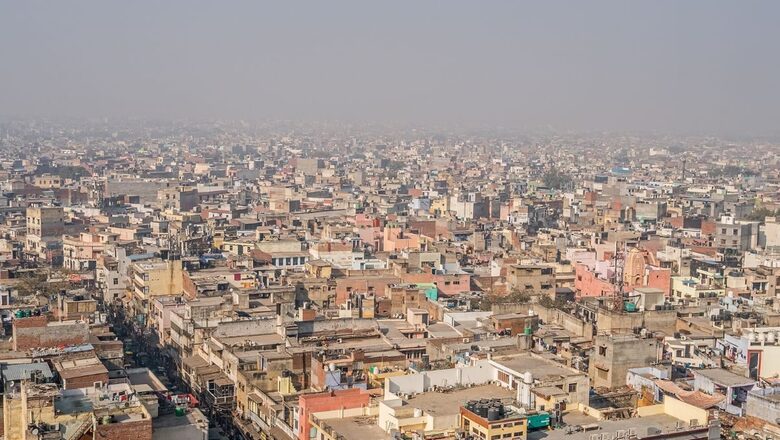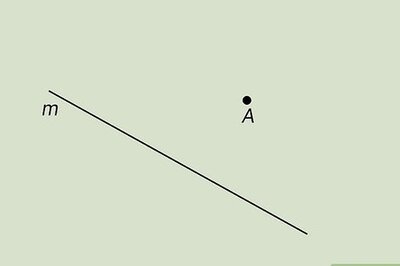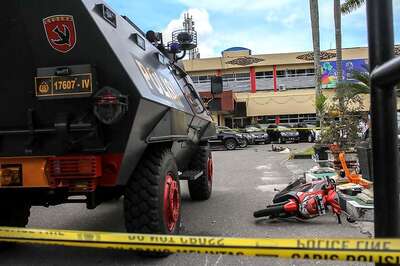
views
The Centre on Friday re-invoked the third stage of its anti-pollution measures in Delhi as the air quality index touched 409 at 4 pm, which is in the ‘severe’ cateogy. This means non-essential construction work as well as plying of BS-III petrol and BS-IV diesel four-wheelers in Delhi-NCR are banned.
According to the Commission for Air Quality Management (CAQM), a statutory body responsible for formulating strategies to combat pollution in the region, the sudden spike in the pollution levels in the national capital can be attributed to unfavourable weather conditions including fog and haze with low wind speed. Delhi’s overall AQI has been steadily rising since morning — it stood at 397 at 10 am and 409 at 4 pm.
What are the curbs?
The CAQM ordered a ban on non-essential construction work, stone crushing, and mining in Delhi-NCR. Construction work related to national security or defence, projects of national importance, healthcare, railways, metro rail, airports, interstate bus terminals, highways, roads, flyovers, overbridges, power transmission, pipelines, sanitation, and water supply are exempt from the ban.
Under Stage III, restrictions are also imposed on the operation of BS-III petrol and BS-IV diesel four-wheelers in Delhi, Gurugram, Faridabad, Ghaziabad and Gautam Budh Nagar.
What is GRAP?
GRAP is the Centre’s air pollution control plan implemented in the region during the winter season. It categorises actions into four stages: Stage I – ‘Poor’ (AQI 201-300); Stage II – ‘Very Poor’ (AQI 301-400); Stage III – ‘Severe’ (AQI 401-450); and Stage IV – ‘Severe Plus’ (AQI>450).
Last month, too, Delhi-NCR witnessed high pollution levels with the AQI above 450 in many areas. The onset of winter is a particularly difficult time in the region, with stubble burning in Haryana, Punjab and Uttar Pradesh coupled with unfavourable meteorological conditions as well as vehicular pollution.



















Comments
0 comment